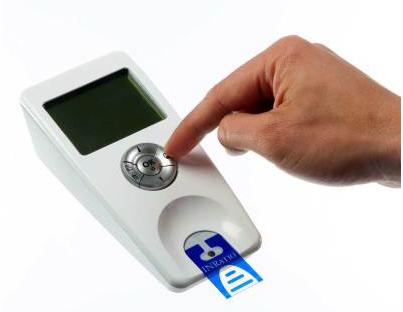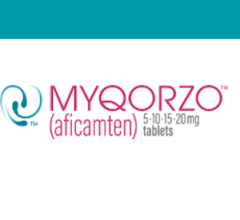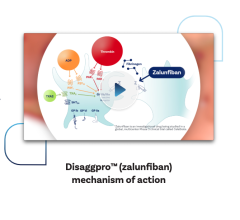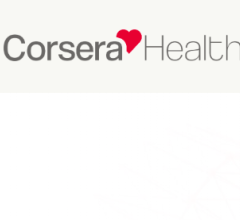
Photo courtesy of Alere
December 16, 2014 — Alere Inc. has initiated a voluntary correction to inform United States users of the Alere INRatio and INRatio 2 PT/INR Monitor system of certain medical conditions that should not be tested with the system (INRatio Monitor or INRatio2 Monitor and INRatio Test Strips). In certain cases an INRatio and INRatio2 PT/INR Monitor system may provide an INR result that is clinically significantly lower than a result obtained using a reference INR system (laboratory method). This issue can arise if the patient has certain medical conditions or can occur if the instructions in the labelling for performing the test are not followed.
The INRatio and INRatio2 PT/INR Monitor system should not be used on patients with any of the following conditions:
- Anemia of any type with hematocrit less than 30 percent;
- Any conditions associated with elevated fibrinogen levels including:
- Acute inflammatory conditions (examples may include acute viral or bacterial infections such as pneumonia or influenza)
- Chronic inflammatory conditions (examples may include rheumatoid arthritis, Crohn's disease, ulcerative colitis, infectious liver diseases such as hepatitis, or inflammatory kidney diseases such as diabetic nephropathy and glomerulonephritis)
- Severe infection (e.g., sepsis)
- Chronically elevated fibrinogen for any reason
- Hospitalized or advanced stage cancer or end stage renal disease patients requiring hemodialysis
- Any bleeding or unusual bruising, clinically observed or reported by the patient
Patients with any of the conditions listed above should immediately be transitioned to a laboratory INR method for monitoring their INR and warfarin therapy.
In addition, healthcare professionals and patient self-testers should adhere to the following precautions in order to obtain the most accurate results:
- Only patients who have already been stabilized on warfarin should be tested with the INRatio and INRatio2 Monitor system;
- If the INRatio and INRatio2 Monitor system's INR result falls within the therapeutic range, but there is reason to believe the INR could be significantly different (e.g., symptoms such as bleeding or bruising, which suggests the therapeutic INR value may be falsely low), testing by an alternative method should be performed immediately;
- Be aware that the actual value of a supratherapeutic (i.e., above the therapeutic level) INR result could be higher than the value as measured by the INRatio and INRatio2 Monitor system;
- Only use the Alere INRatio and INRatio2 PT/INR Monitor system on patient samples within the hematocrit range of 30 to 55 percent;
- Apply only one large drop of blood immediately to the test strip. Never add more blood to a test strip after the test has begun. Applying an additional sample may result in a discrepant result. If in doubt, repeat the test with a fresh test strip and a fresh drop of blood from a new fingerstick site using new lancet;
- The monitor should be a on a stable surface during the test. Do not move the monitor during the test.
In addition to the precautions outlined above, Alere also recommends patients have periodic verification of their INR using a laboratory INR method. Any patient having a significant discrepant low result on the INRatio and INRatio2 monitor system as compared to the plasma-based laboratory INR method should immediately be transitioned to an alternative method for monitoring their INR and warfarin therapy. Significant discrepancy in INR results may lead to a delay in an urgent medical decision to reverse a supratherapeutic INR level following the established guidelines for monitoring warfarin therapy. Such discrepancies are of particular concern when the erroneous INR result is within the therapeutic range but the actual value is supratherapeutic, i.e., when the actual INR value is 6 or greater.
Alere also recommends that patients be tested to verify that their hematocrit falls within the range of 30 to 55 percent. Patients with hematocrit outside this range should be immediately transitioned to a plasma-based laboratory INR monitoring method.
Alere is working on an improvement to the current INRatio and INRatio2 meter, which will serve to mitigate further the potential for these discrepant results.
For more information: www.alere.com


 January 28, 2026
January 28, 2026 









